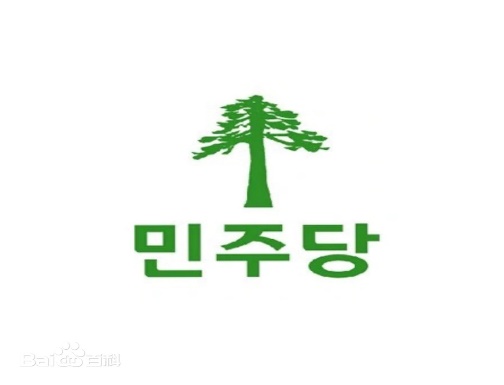The Democratic Party of Korea

The Democratic Party of Korea, also referred to as Minjoo Party or informally the Together Democratic Party in some contexts, stands as one of the leading political forces in the Republic of Korea (South Korea), currently functioning as a prominent opposition party. With a history intertwined with the evolution of South Korea's democracy, the party has undergone several transformations, reflecting the dynamic nature of the country's political landscape.
The party's origins can be traced back to the early post-independence era, with roots established in various liberal and progressive movements. A significant milestone was the merging of the Democratic Party and the Democratic Renewal Party in 2000, forming the Millennium Democratic Party under the leadership of former President Kim Dae-jung. Subsequently, in 2005, this party was renamed the Democratic Party, further solidifying its position as a key player in South Korean politics.
In recent years, the party experienced notable restructuring. In 2014, the Democratic Party merged with the preparatory committee for the "New Political Alliance for Democracy," led by independent lawmaker Ahn Cheol-soo, at a founding convention held in Seoul Olympic Park. This union marked the birth of the New Politics Alliance for Democracy (NPAD), which aimed to create a stronger opposition to the then-ruling Saenuri Party.
The NPAD, underlining its commitment to renewal and unity, decided to change its name to the "Minjoo Party of Korea" or "Together Democratic Party" in English, signaling a renewed focus on common goals and enhanced cooperation among its members. This renaming took place in December 2015, after internal discussions and public announcements.
The Democratic Party's political ideology revolves around progressive values, emphasizing social welfare, economic equality, and democratic reforms. It champions causes such as income-driven growth strategies, expanded healthcare coverage, and environmental protection. The party also advocates for a peaceful resolution of tensions on the Korean Peninsula and strengthening ties with international partners.
Despite facing occasional internal divisions and leadership transitions, the Democratic Party continues to play a pivotal role in shaping national debates and policy decisions. It has historically held a significant presence in the National Assembly, acting as a check on the ruling party's power and pushing for legislation that aligns with its core principles.
文献出处:

 CN
CN

